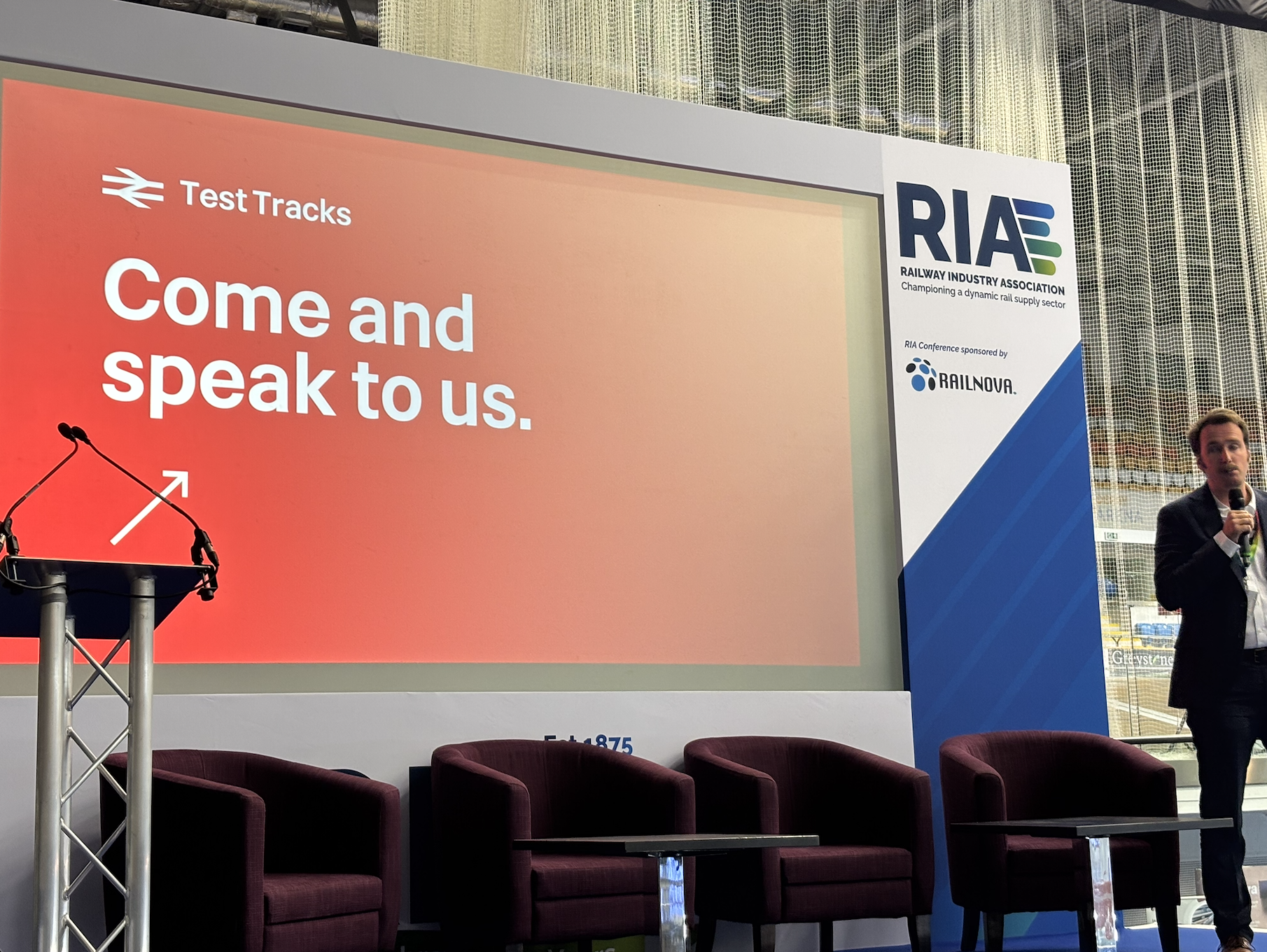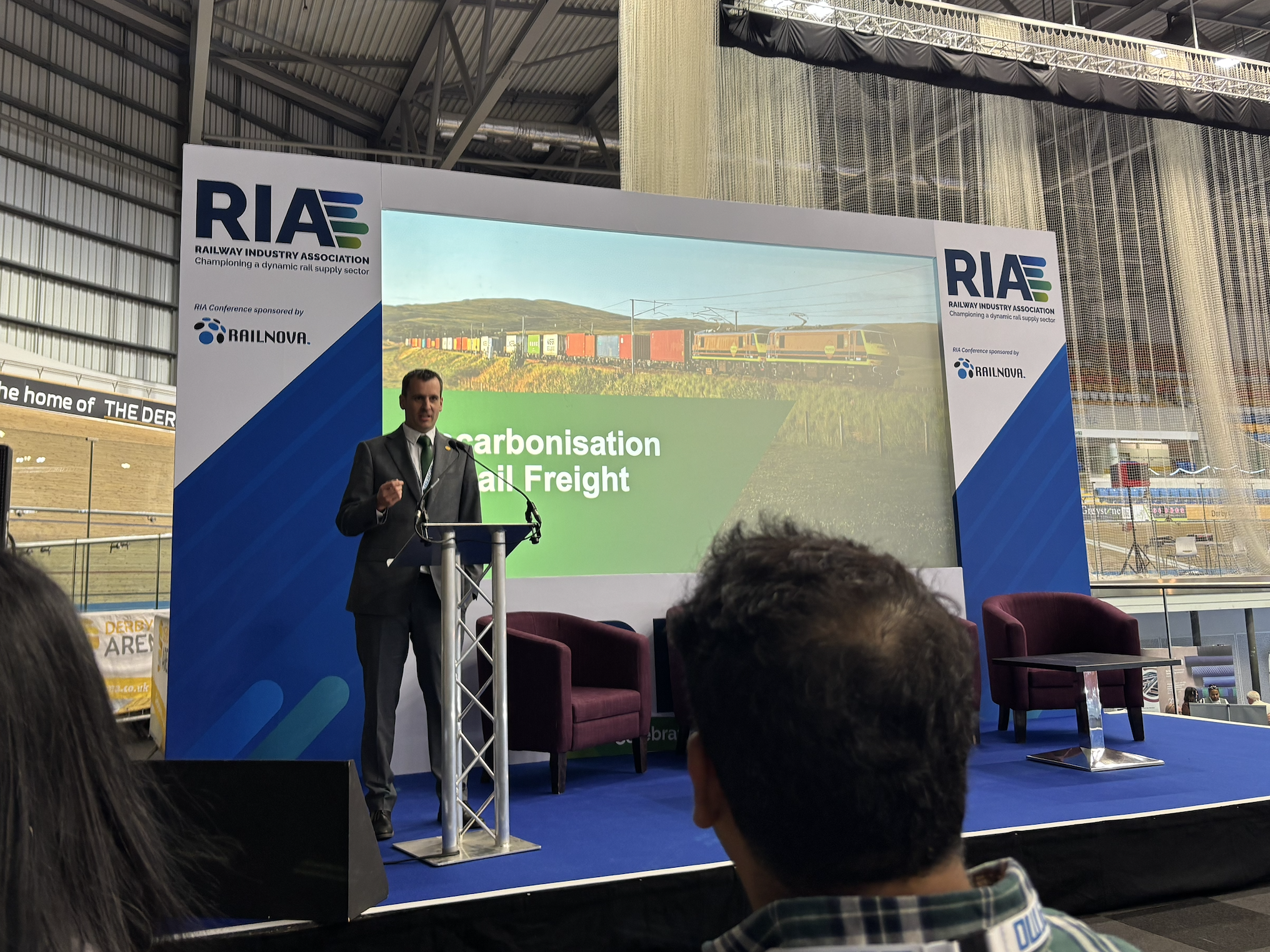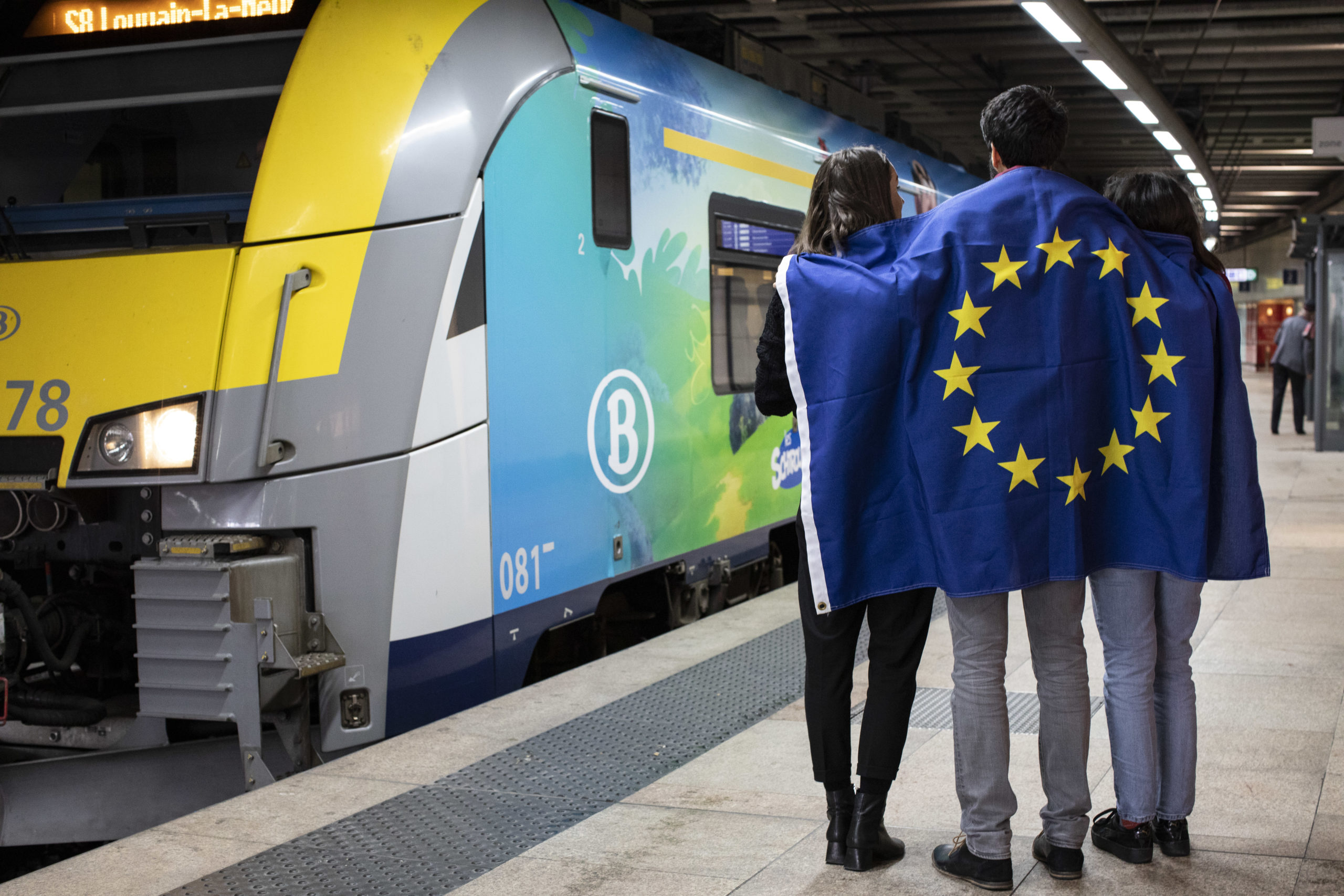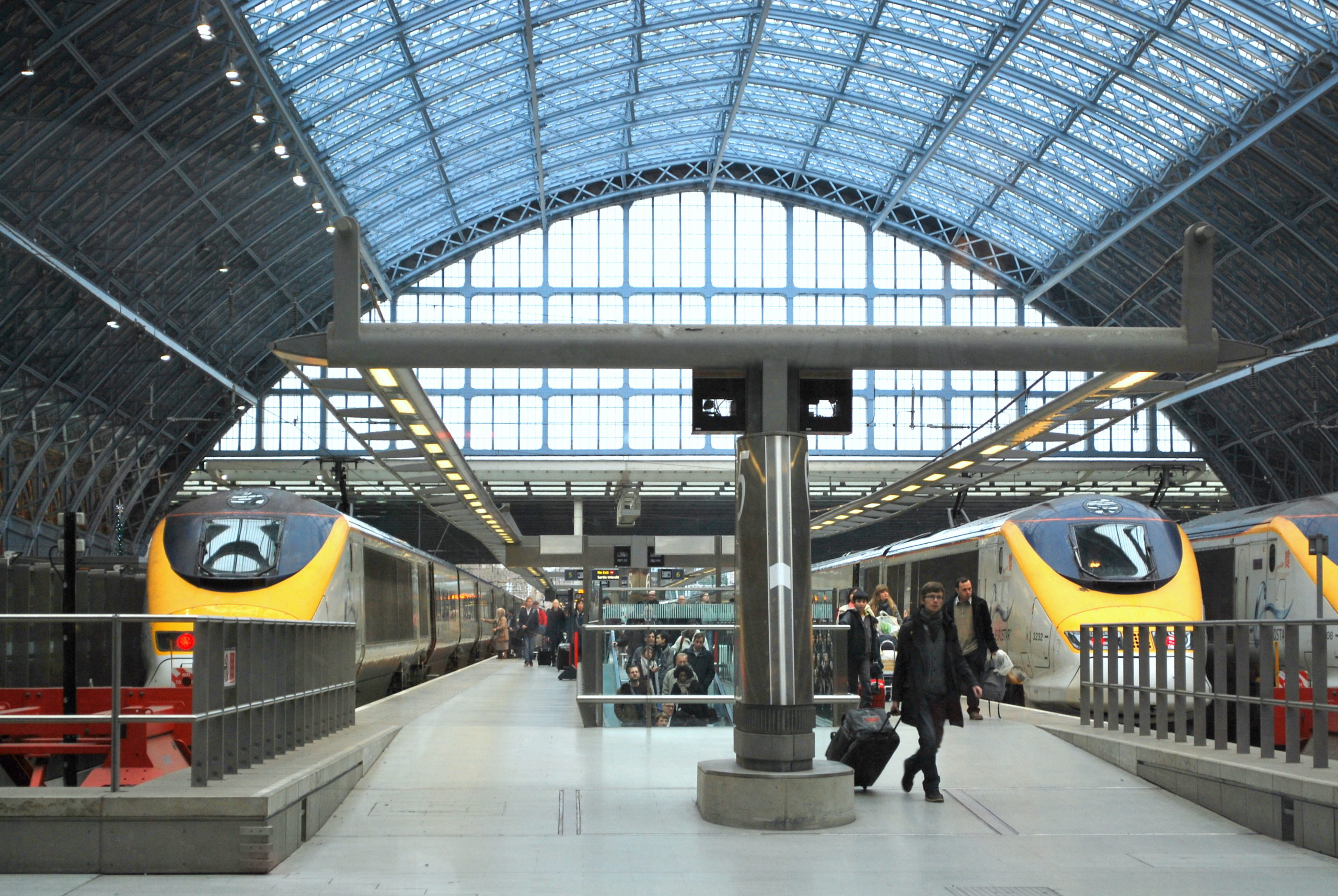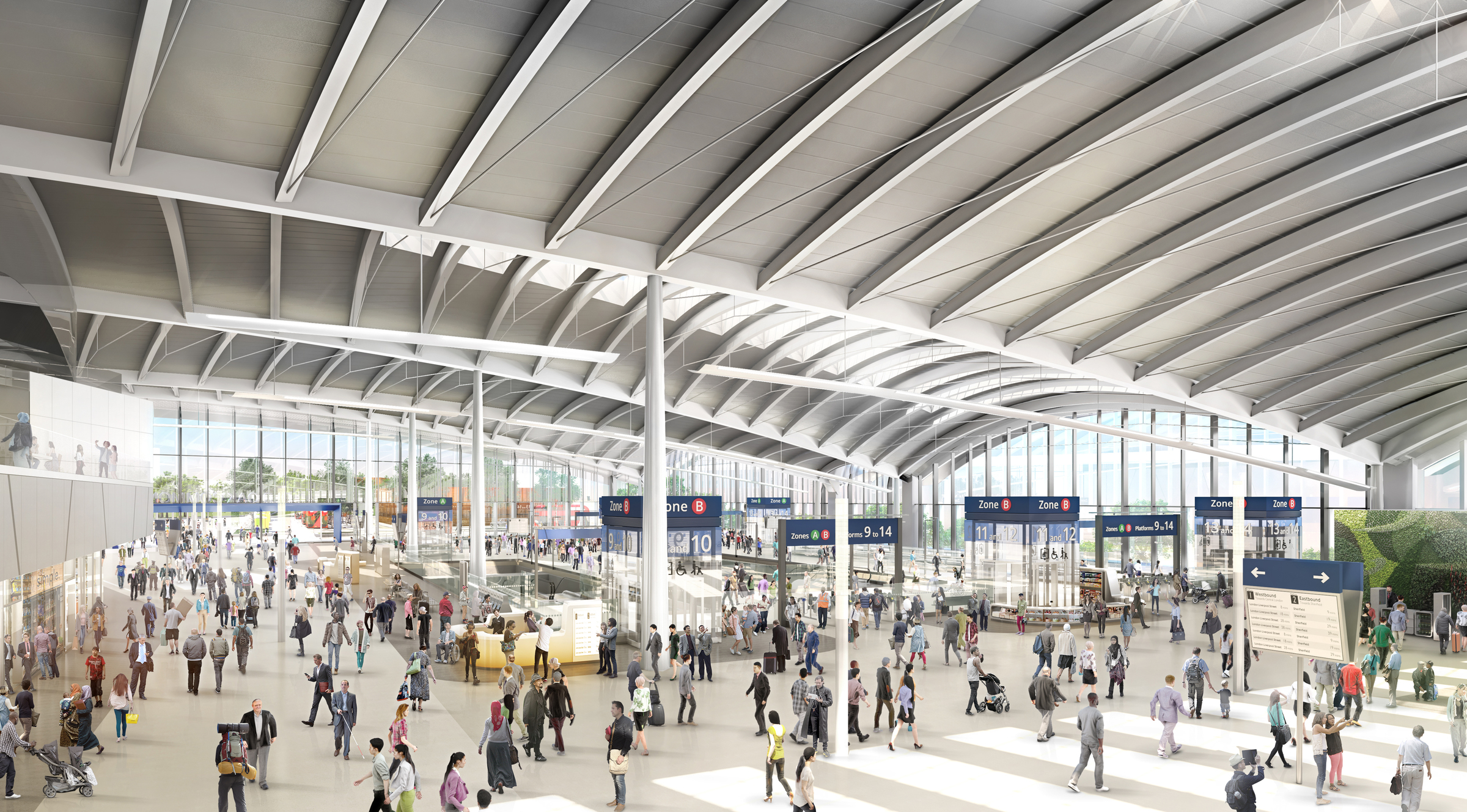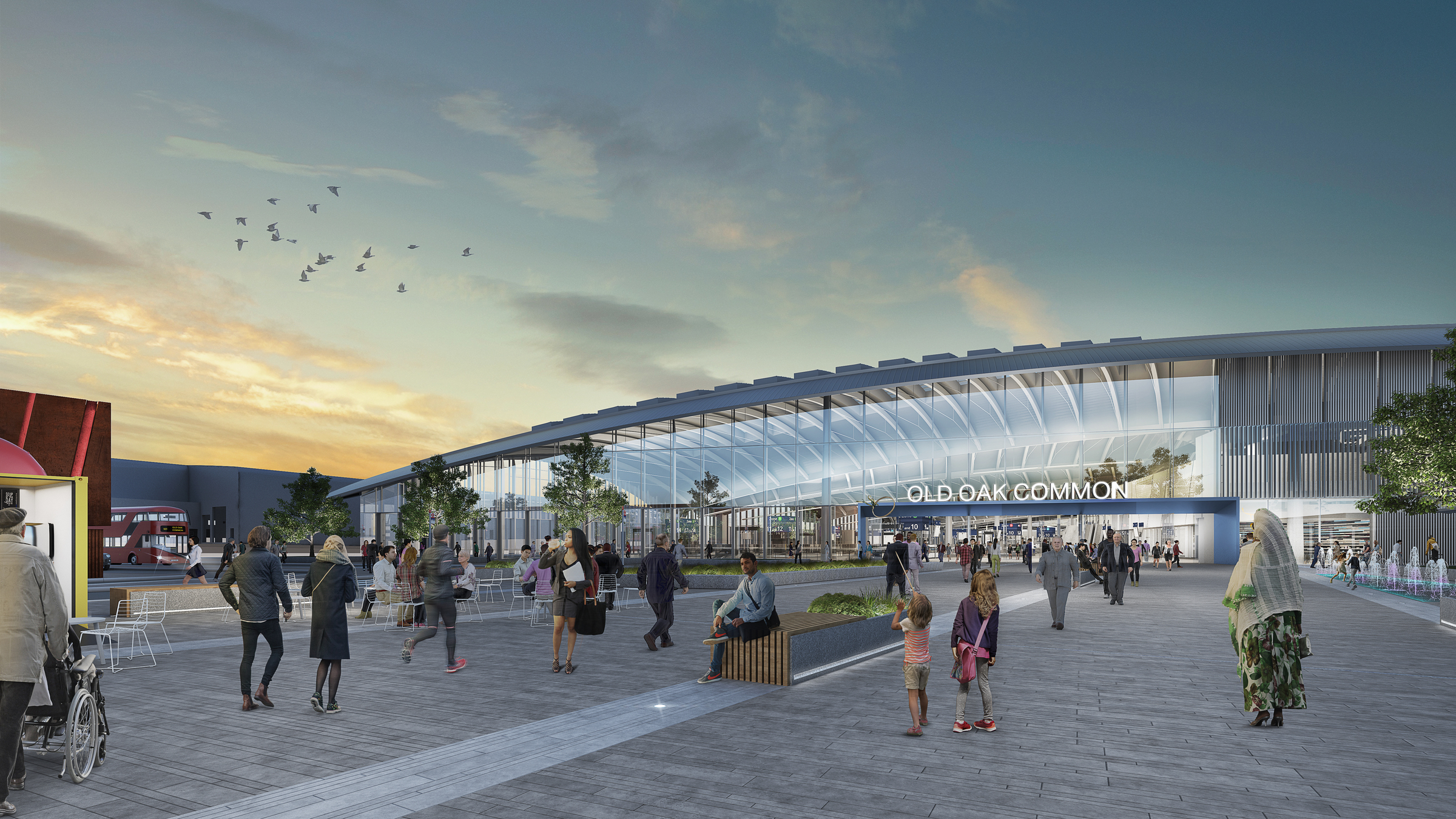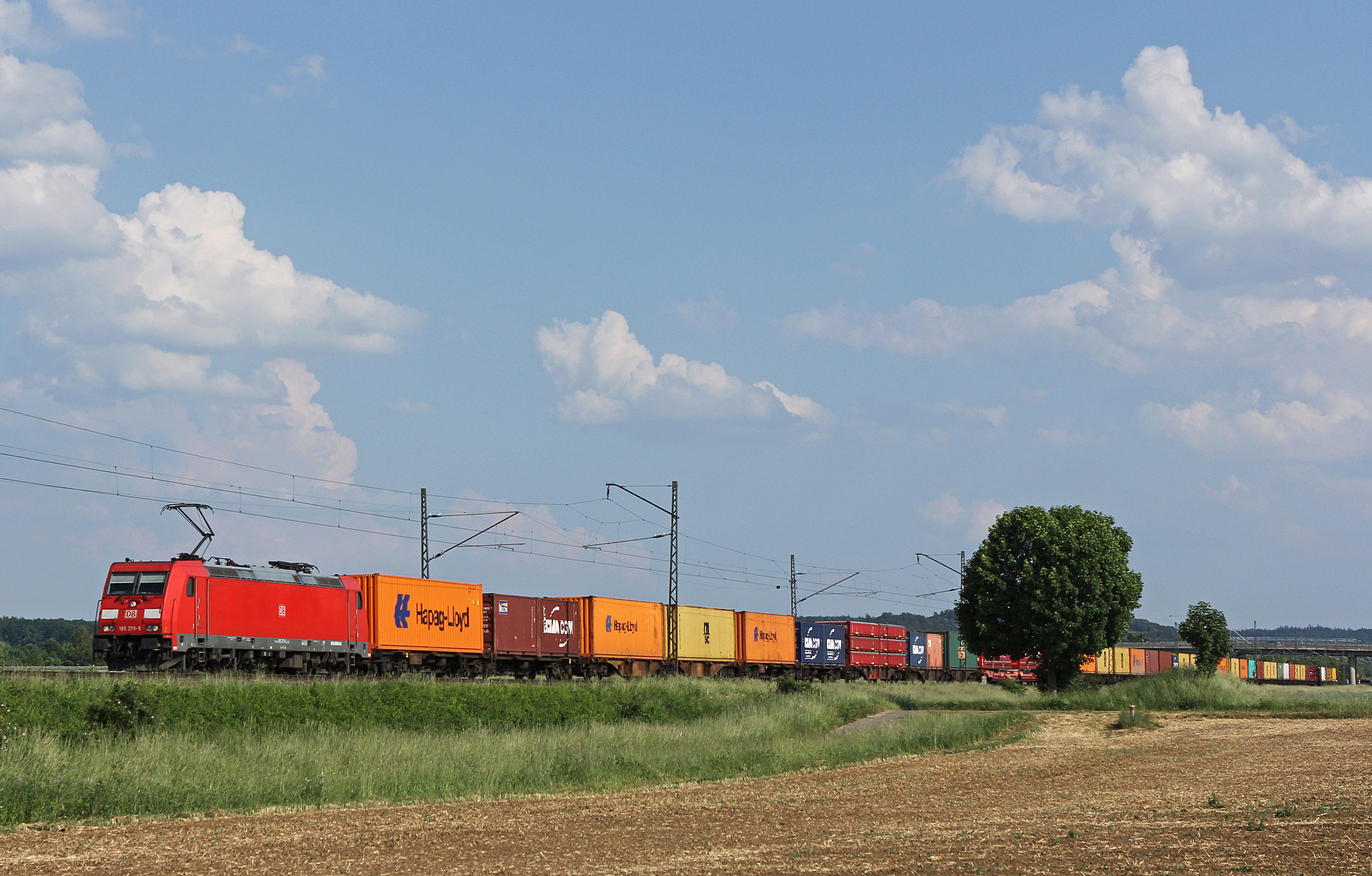By: Anu Tuominen, Principal Scientist, D. Sc. (Tech.), Foresight for Sustainable Mobility, VTT Technical Research Centre of Finland Ltd.

Climate change is clearly the largest of the contemporary challenges the transport sector is facing. Transport in considered as one of the ten main points in the ambitious European Green Deal to achieve a climate-neutral economy by 2050, introduced by the new European Commission in December 2019. The Commission President Ursula von der Leyen described the climate policy as Europe’s new growth strategy, “leaving no-one behind” in the race. “This is Europe’s man on the moon moment,” she highlighted in the launching event of the Green Deal.
Rethinking transport – towards clean and inclusive mobility is the main topic of the Transport Research Arena 2020 conference, organised on 26–30 April 2020 in Helsinki, Finland. One of the key discussion points in TRA2020 will be: do we need to reduce mobility as we know it now, or can we find other ways to respond to the challenges?
In past transport climate policy discussions, there has been a tendency to rely on technology measures rather than to widen the understanding of the forces and different dimensions that are having impact on our present and future mobility culture, values and behaviour. Similarly, distributional issues in policy development and the potential of different types of transport system user groups to adopt the new envisaged forms of mobility have received less attention.
We have learned in the recent past that climate change mitigation needs attention and contribution from every single one of us. The responsibility must be shared, starting with individual behaviour and ending with corporate strategies and public policies. However, the unpleasant truth is that we do not know yet how this can be realised in practice.
According to one transport literature definition, “Mobility Cultures” are specific socio-cultural settings consisting of travel patterns, the built environment, and mobility related discourses – i.e. they are defined by both the material and the socially constructed dimensions of the transport system (Klinger et al., 2013). Other, quite similar definitions also exist.
The present European mobility culture rests upon the appreciation of speed and efficiency as the key indicators for transport performance, and as the foundations for development and growth. For transport sector climate change mitigation, we need to rethink the present Mobility Culture and transform it into a new one, relying on performance indicators based on new values. The Sustainable Development Goals of the United Nations (SDGs) provide a good starting point for the definition of new values. Further, and very importantly, the European Green Deal Investment Plan (EGDIP), mobilising at least 1 trillion euros in sustainable investments over the next decade, includes the Just Transition Mechanism which will be targeted to a fair and just green transition. The Just Transition Mechanism will allocate at least 100 billion euros in investments over the period 2021–2027 to support workers and citizens of the regions most impacted by the transition towards a climate-neutral economy.
These provide an excellent basis for the development of the new European Mobility Culture. Moreover, new research on the systemic policy instruments, integrating and balancing the perspectives of citizens, politicians and companies, is vital for finding the ways that underpin the sustainable future developments. The research needs to be connected to the solutions that we are looking for in our daily lives.
The TRA2020 conference will facilitate the discussion among the European research community and public and private transport sector actors. How can we commit ourselves to accelerating the sustainability transition needed? What do we expect research and innovation to bring to the table and when? The fields of discussion are manifold, ranging from digitalisation and cybersecurity to human capital and from market efficiency to quality of life, to name just a few examples. The wide scope is vital since we need all the efforts we can possibly think of, and even more, on the way towards clean and inclusive mobility.
References
- Klinger, T., Kenworthy, J. R., & Lanzendorf, M. (2013). Dimensions of urban mobility cultures–a comparison of German cities. Journal of Transport Geography, 31, 18-29.


















